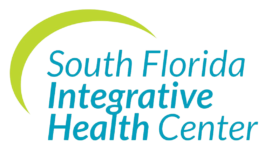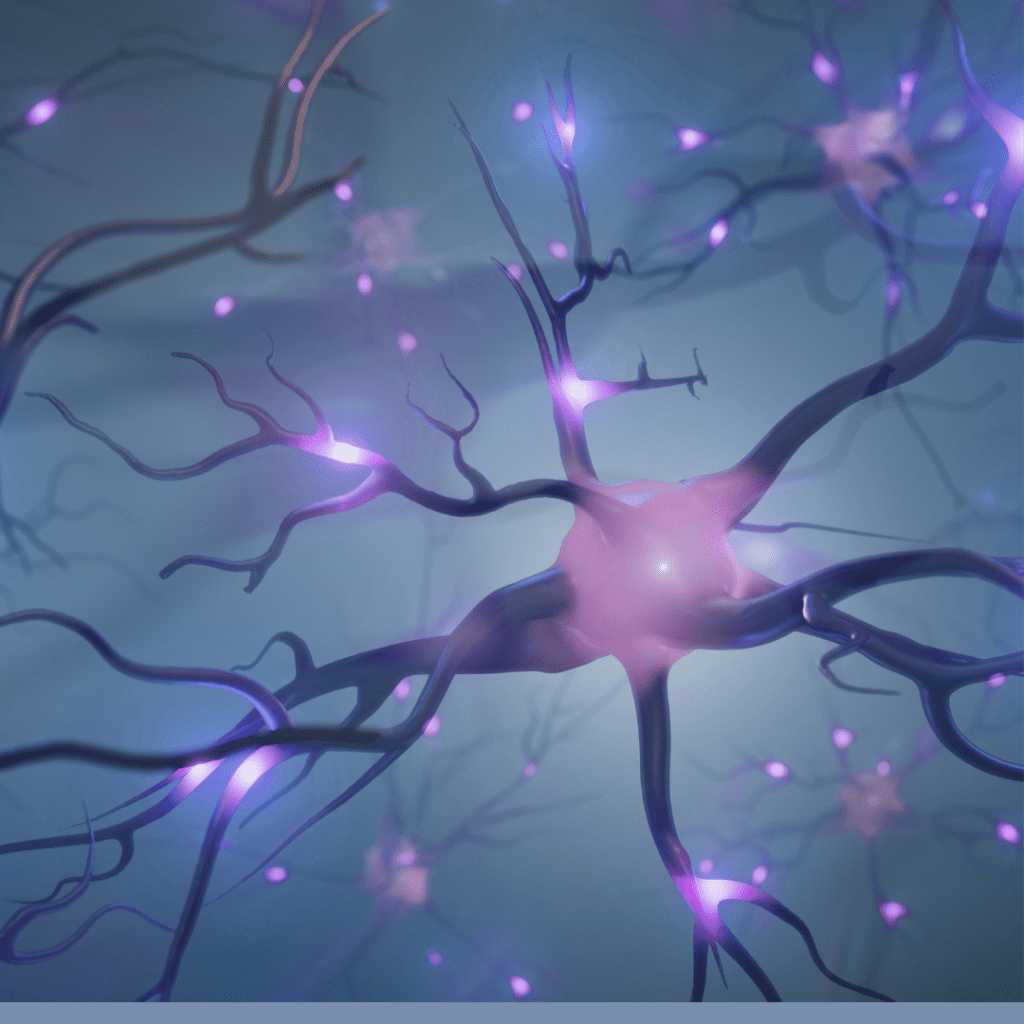Attention deficit hyperactivity disorder (ADHD) is a common neurodevelopmental disorder that affects millions of people worldwide. It is characterized by a persistent pattern of inattention, hyperactivity, and impulsivity that interferes with daily functioning and development. People with ADHD may struggle with school, work, relationships, and self-esteem. They may also experience other problems such as anxiety, depression, substance abuse, and chronic health issues.
While there are many conventional treatments for ADHD, such as stimulant medications and behavioral therapy, some people may not find them effective or may experience unpleasant side effects. That’s why some people turn to alternative medicine for help. Alternative medicine is a term that refers to any medical practice that is not part of the mainstream or conventional medicine. It includes practices such as acupuncture, herbal medicine, homeopathy, meditation, yoga, and more.
Alternative medicine can offer a holistic approach to treating ADHD, addressing not only the symptoms but also the underlying causes and contributors. For example, alternative medicine practitioners may look at factors such as nutrition, gut health, inflammation, hormones, genetics, and environmental toxins that may affect the brain function and behavior of people with ADHD. By identifying and correcting these imbalances, alternative medicine can help improve the overall health and well-being of people with ADHD.
One of the alternative medicine practices that is gaining popularity for treating ADHD is functional medicine. Functional medicine is a branch of medicine that focuses on finding the root causes of chronic diseases and treating them with personalized interventions that are based on the latest scientific evidence. Functional medicine practitioners use advanced diagnostic tests, such as blood tests, urine tests, stool tests, genetic tests, and more to assess the biochemical and physiological status of each individual. Then they design a customized treatment plan that may include dietary changes, supplements, lifestyle modifications, stress management techniques, and other therapies that are tailored to the specific needs and goals of each patient.
One of the functional medicine practitioners who specializes in treating ADHD is Dr. Durrell Handwerger from South Florida Integrative Health Center. He is a Family Nurse Practitioner who has experience in endocrinology, neurology, internal medicine, and holistic medicine. He combines the best of both worlds: conventional medicine and alternative medicine to help his patients with ADHD achieve optimal health and wellness.
In a recent podcast interview with AB from the Night Shift Podcast, Dr. Durrell explained how he uses functional medicine to treat ADHD. He said that testing for specific neurotransmitters in the brain, which are chemical messengers that regulate mood, attention, memory, and other cognitive functions can be helpful. This is because neurotransmitters are made up of amino acids, which are derived from proteins in the diet, and these neurotransmitters are influenced by other factors such as hormones, inflammation, gut health, and environmental toxins.
Dr. Durrell said that he uses lab tests to measure the levels of neurotransmitters and other biomarkers in his patients with ADHD. He then prescribes natural supplements that can help balance the neurotransmitters and improve brain function. Dr. Durrell creates individualized nutritional programs, in which he encourages his patients to follow a healthy diet rich in protein, healthy fats, fiber, vitamins, minerals, and antioxidants. General recommends include avoiding foods that can trigger inflammation or allergies, such as gluten, dairy, soy, corn, sugar, artificial colors, preservatives, and more.
Dr. Durrell also stressed the importance of lifestyle factors such as exercise, sleep, hydration, and stress management for people with ADHD. He said that exercise can help boost the blood flow to the brain, improve mood, and reduce hyperactivity. Sleep is also essential for restoring the brain function, memory, and learning. Dr. Durrell discussed hydration as being important for maintaining the fluid balance in the body and preventing dehydration, which can impair cognition. He also said that stress management techniques such as meditation, yoga, breathing exercises, and biofeedback can help calm the nervous system, reduce anxiety, and enhance focus.
Remarkable results have been seen in Dr. Durrell’s patients with ADHD who follow his functional medicine approach. He said that they report improved attention, concentration, memory, mood, behavior, and academic performance. He also said that they experience fewer side effects than those who take conventional medications for ADHD.
If you are interested in learning more about how alternative medicine can help you with ADHD, you can visit Dr. Durrell’s South Florida Integrative Health Center website at www.sfihc.com. You can also listen to his podcast interview with AB on Nightshift Podcast by clicking the link below.

